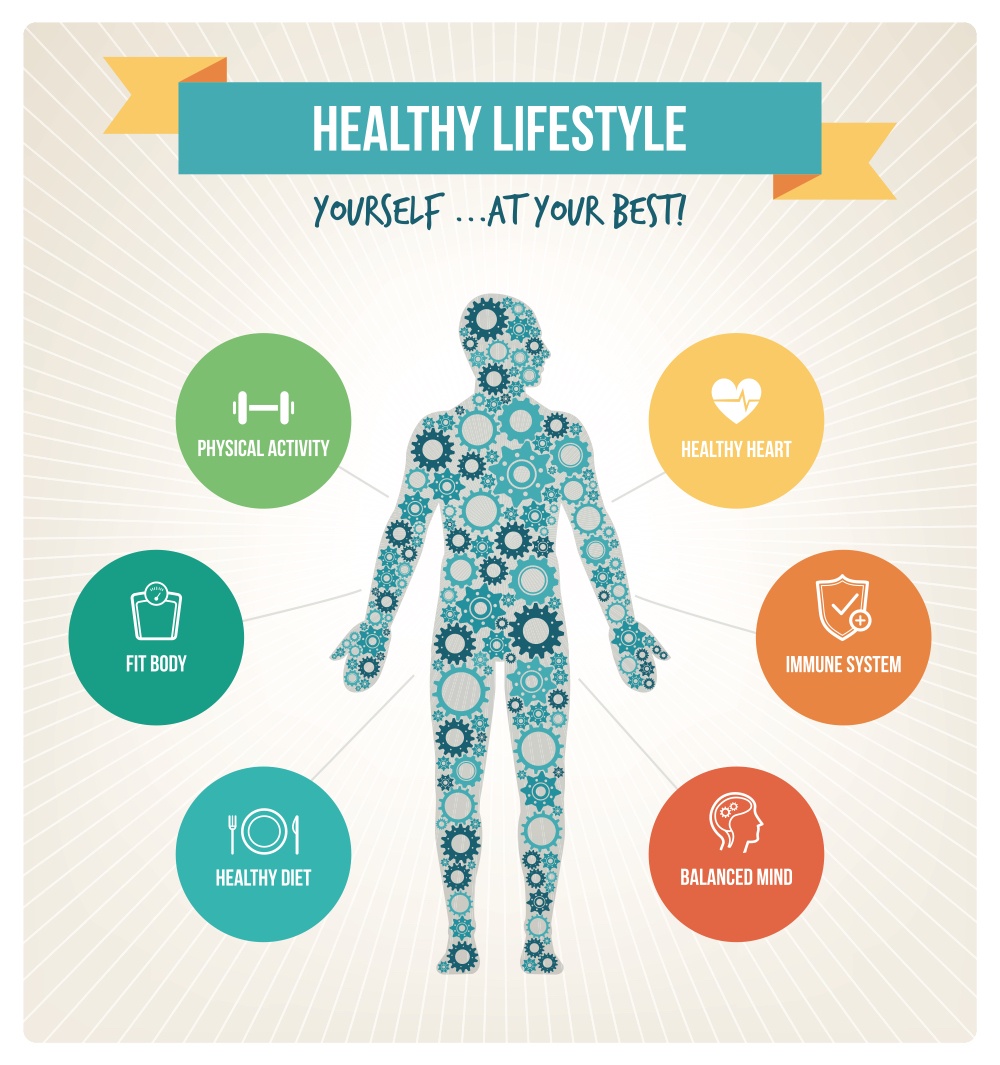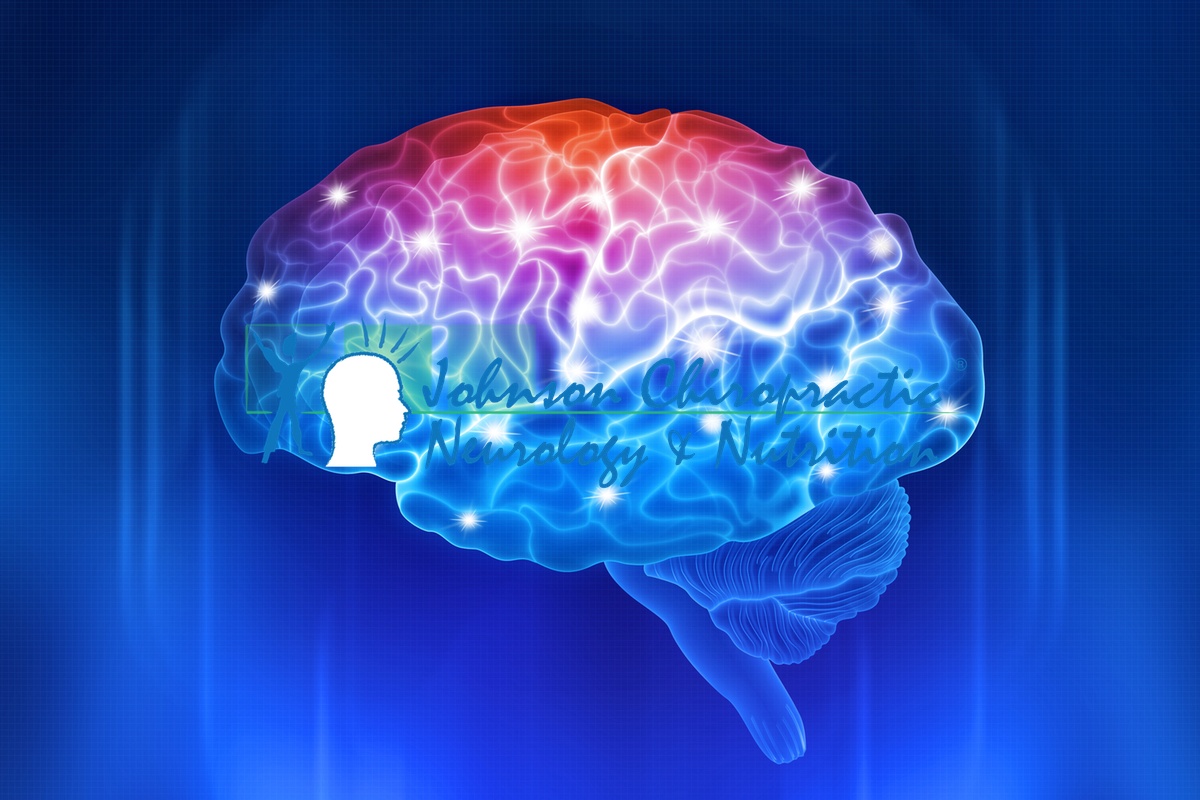For those going through recovery, overall health and well-being are crucial. Balance is the key to successful recovery. There are many factors that can affect sobriety. The acronym HALT, for Hungry, Angry, Lonely, and Tired, is a well-known tool for understanding what outside forces and internal feelings increase vulnerability during recovery. Part of balance involves not only avoiding using but also ensuring that your body and mind are well.
Read MoreFrom the Desk of Dr. Karl R.O.S. Johnson, DC.....
Topics: exercise, Neurofeedback, brain map, Brain heatlh, Healthy Eating and Exercise, Diet, Balanced Well-Being, Triggers
4 Ways to keep in Top Shape As We Age
We can count on getting older every day...until we stop aging and join the next dimension. While we are still here on terra firma the choices we make in four categories can make a huge difference in our vitality.
Our physical body is a machine. An advanced, incredible machine, but still at machine. It matters what we do to it and what we put into it on a regular basis. If we take care of our machine, it will take care of us as we age. Health and wellness must be a priority. Nutrition, exercise, inflammation and brain activation can all determine our quality of life.
Topics: exercise, Nutritional Help, Brain heatlh, Healthy Eating, Healthy Aging, inflammation modulation
HISTORY AND DEVELOPMENT OF NEUROFEEDBACK
Neurofeedback began in the late 1950s and early '60s through the work of both Dr Joe Kamiya at the University of Chicago and Dr Barry Sterman at UCLA.
Dr. Kamiya was studying consciousness, and discovered that by using a simple reward system, people could learn to alter their brain activity. This was the first ever EEG neurofeedback training.
Along similar lines, Dr. Sterman ran an experiment to see if cats could increase their sensory motor rhythm (SMR). A simple machine gave them a food pellet every time they 'got it right', and they quickly learned to control their brainwaves to get the treat.
The NASA Connection
Several years later he was doing an experiment for NASA, again using the cats from his lab. This time, he was testing the effects of exposure to lunar lander fuel. For most of the cats, as the levels of toxic fumes increased there was a linear progression of brain instability; first drowsiness, then headaches, followed by hallucinations, seizures, and finally death.
However, some of the cats seemed to be immune. Sterman noticed that the cats who were immune were the same cats he had used in the SMR brain training experiment a couple of years before. The SMR training had given those cats utra-stable brains. Sterman moved on to train SMR in humans to control their epilepsy; 60% of his subjects reduced their seizure level by 20-100%, and the results lasted.
As a result, NASA trained their lunar astronauts to control their brain's SMR rhythms. Fifty years later, neurofeedback is still part of the astronaut training program.
Read More
Topics: ADHD, Neurofeedback, Brain heatlh, History of Neurofeedback, NASA
LET’S TALK A LITTLE MORE ABOUT INFLAMMATION
Inflammation—we’ve all heard of it, and many people are beginning to understand just how damaging it can be to the whole body, especially the brain.
Inflammation is our body’s natural defense system. When your body senses foreign invaders, a specific cascade of events is set off, in which your white blood cells and some special chemicals called cytokines mobilize to protect you.
This normal type of inflammation is a good thing. It helps your body protect and heal itself. However, when your immune system shifts out of balance, inflammation can run rampant—causing a chronic, smoldering fire inside your body that contributes to disease and weight gain.
The causes of this type of inflammation are all around you. The sugar you eat, high doses of the wrong oils and fats in your diet, hidden food allergens, lack of exercise, chronic stress, and hidden infections all trigger a raging, unseen inflammation deep in your cells and tissues.
And this inflammation leads to every one of the major chronic diseases of aging—heart disease, cancer, diabetes, dementia, and more.
Read MoreTopics: Brain Inflammation, Brain heatlh







